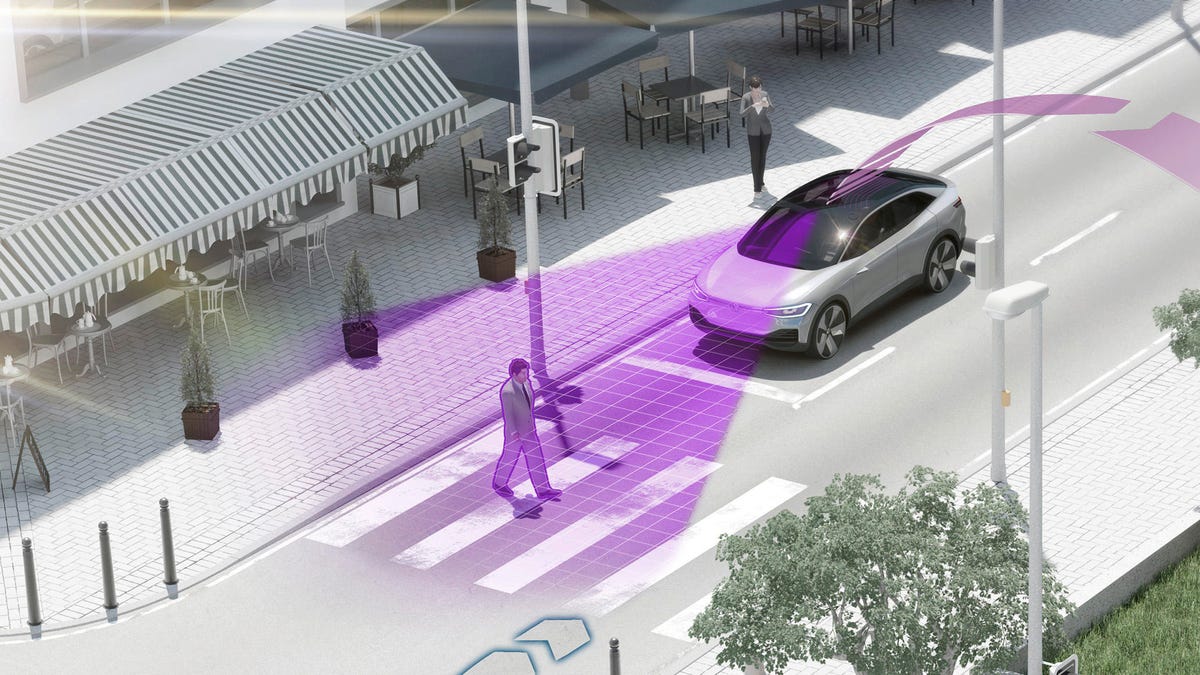Trump admin to reverse V2V tech mandate, report says
Vehicle-to-vehicle tech could go a long way in reducing auto-related injuries and deaths.

Late last year, the Obama administration rolled out a Notice of Proposed Rulemaking that sought to mandate vehicle-to-vehicle (V2V) communications in future cars. The current administration won't keep that mandate on the books, though, according to a new report.
The Trump administration will withdraw the proposed mandate for V2V tech, the Associated Press reports, citing sources within the auto industry who have spoken to Department of Transportation officials.
In December of last year, the Obama administration proposed a mandate that would put V2V communications in all new cars after a certain model year. This tech allows vehicles to "talk" to each other, relaying messages about vehicle positions, potential accidents and even bad road conditions. It's believed that this technology could mitigate the effects of 80 percent of collisions that don't involve intoxication.
Audi's Traffic Light Information system communicates with traffic lights and lets the driver know when they're about to change.
However, the Trump administration has already started making good on its promise to reduce government regulation, including mandates like these. AP notes that the V2V proposal has been put on the White House budget office's long-term list, as opposed to the list of regulations under short-term consideration. Some see potential mandates like this as nothing more than burdensome decisions that foist additional costs upon businesses.
A comment from the Department of Transportation claims that the AP's sources may not be providing accurate information, though. "The Department of Transportation and NHTSA have not made any final decision on the proposed rulemaking concerning a V2V mandate. Any reports to the contrary are mistaken. Safety is the Department's number one priority," the DOT wrote in an emailed statement.
AP notes that one major benefit of a mandate, rather than waiting for each automaker to develop and implement a system independently, is cooperation. A mandate would put a framework in place that would allow every manufacturer's V2V system to talk with each other, so vehicles of different brands could receive each other's messages. V2V is also seen as an important step in introducing self-driving cars.
That hasn't stopped automakers and suppliers from working to implement this technology, though. Cadillac is working on both vehicle-to-vehicle and vehicle-to-infrastructure systems, but the latter's scope is currently limited to a small part of Warren, Michigan. Audi 's cars are capable of receiving information from traffic lights in Las Vegas. Qualcomm has a new V2V chipset that relies on both 4G and forthcoming 5G wireless tech.
Update, November 2: Added DOT comment.

